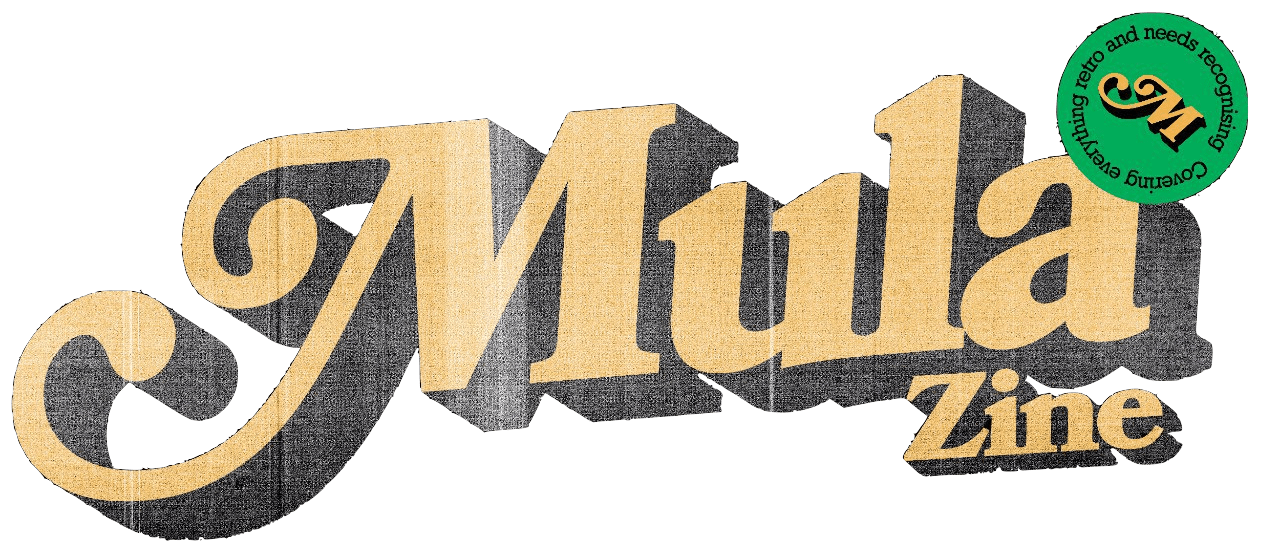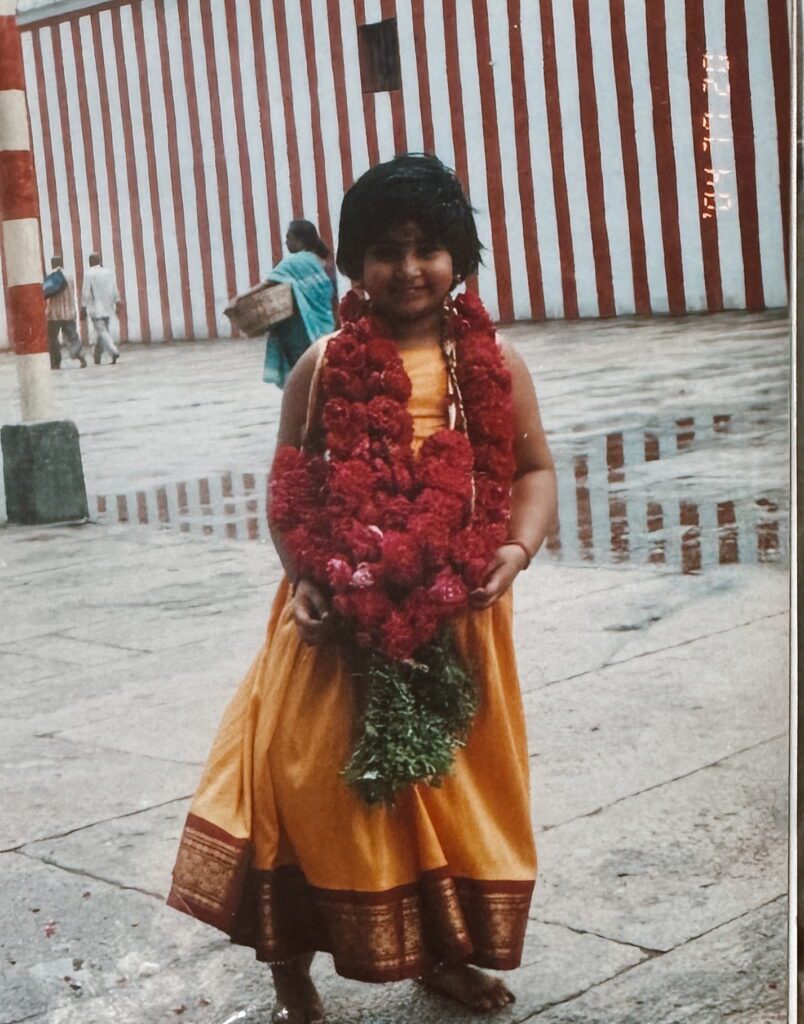I can’t feel my fingertips, it feels as though they may have melted off.
However, I’d like for you to hear this.
Every year, as Deepavali approaches, the usual ordeal of preparing for the celebration of lights turns into something far more laborious for most Malaysian Indians, myself included. Amidst the murukku making and spring cleaning comes the Sisyphean task of justifying our worth and our existence in this country coupled with a good deal of grief. We find ourselves forced to explain, defend, and reclaim our culture which is repeatedly misappropriated or dismissed by a system that has never truly been at ease with us.
My ancient, vibrant culture is denounced for being a nuisance, or being heretic (lol). Our biggest festival of the year is only given a single day off and festive decorations are limited to 3×3 kolams in the obscure corners of most malls. Brands post about Deepavali “Banana Leaf” but use a turmeric leaf in their ad? One does a quirky little Deepavali promo at…Batu Caves. Another one posts about launching clothes for the Lunar New Year the day before Deepavali (which is three full months away), and when critiqued, writes an apology statement on how they’ve accidentally overlooked Deepavali celebrations.
Overlooked.
That’s how you know the rot runs deep.
However.
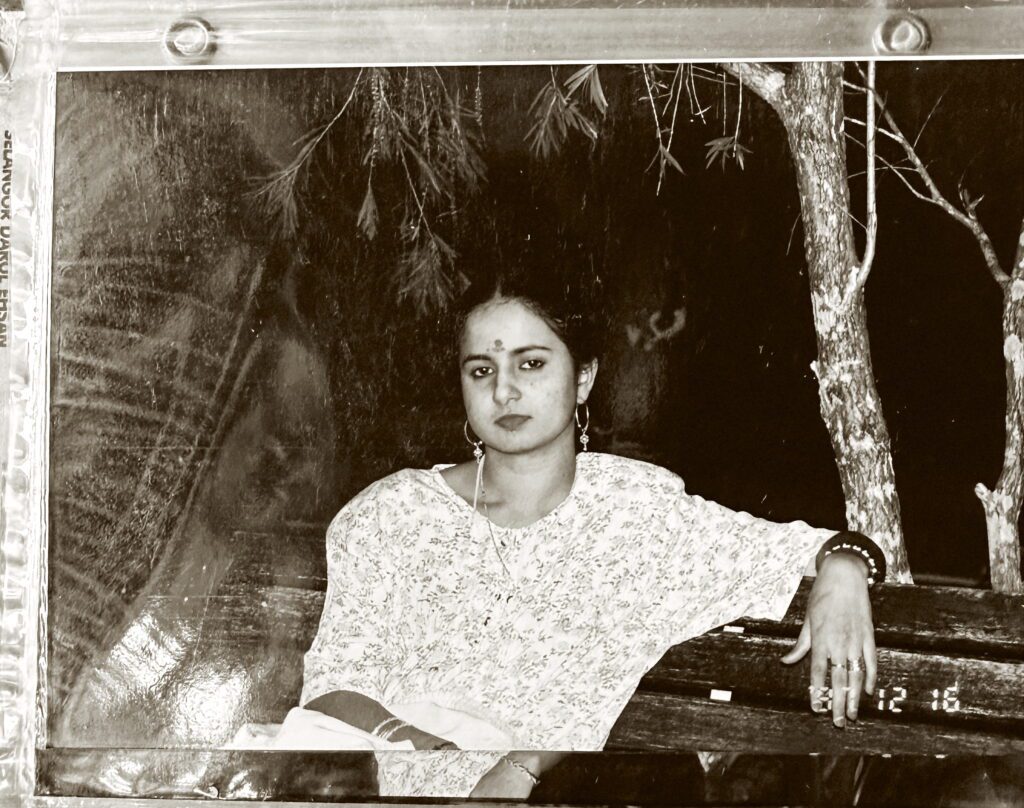
We love touting Malaysia as this “harmonious melting pot / model nation of multicultural unity etc. etc.” (100% sure this was in our school textbooks word for word). This Kita Satu Bangsa, Kita Satu Negara shtick carefully constructed for tourism conceals a systematically exclusionary reality. While our festivals, food, attire, and traditions are photographed, commercialised, and propped up for this external narrative, the voices and identities of Malaysian Indians are silenced, minimised, or outright erased.
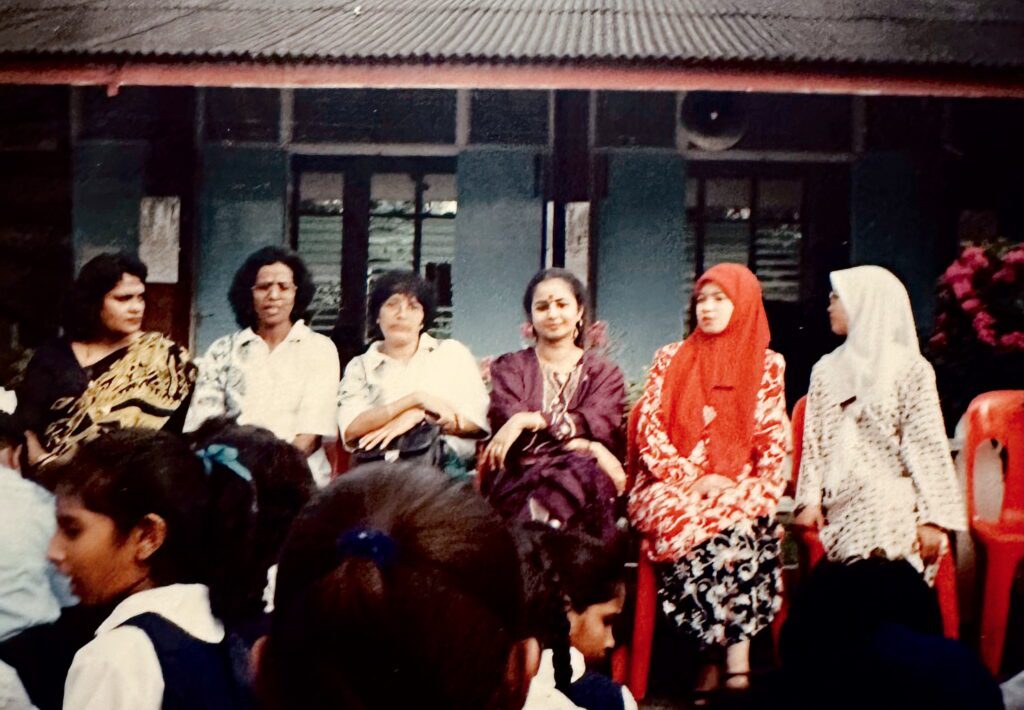
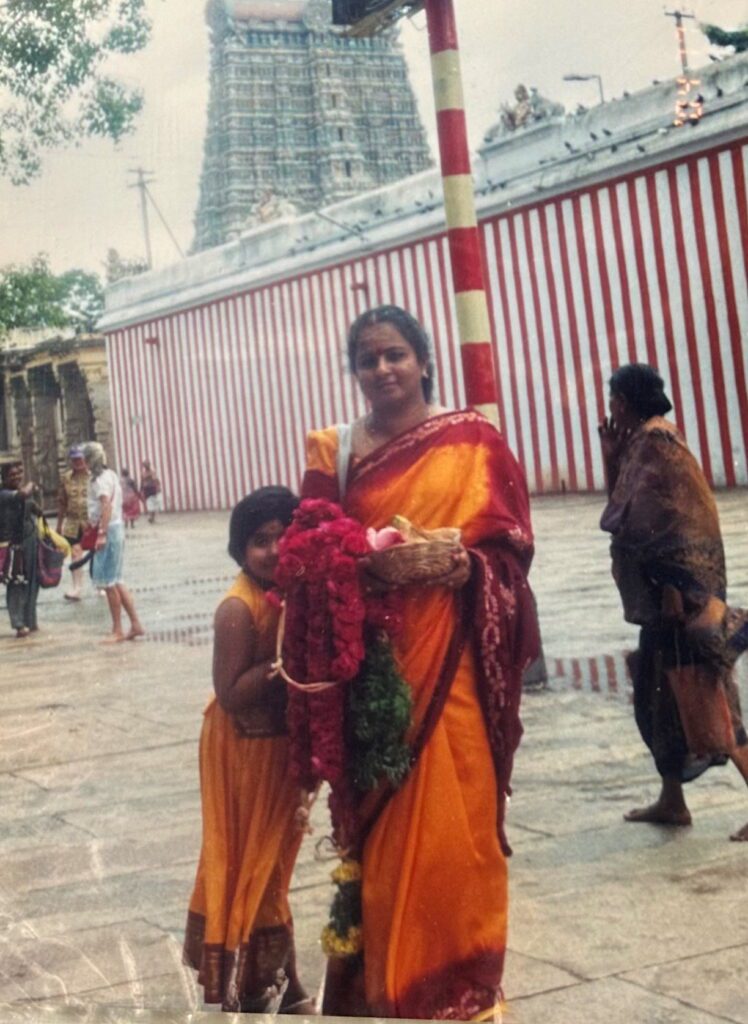
So naturally, whenever Deepavali comes around, Malaysian Indians have to do the wholly unnecessary added labour of defending our place, being, and identity. It feels like I’m a scratchy record, regurgitating the reality of systemic exclusion over and over again – and yet the fact that I even have to still spell it out feels almost absurd, it is truly the bane of my existence (another essay for another day). And one of the most glaring examples? Law enforcement. Racial profiling is a well-known reality for Malaysian Indians. We live with the knowledge that we are more likely to be stopped by police, treated with suspicion, invalidated, and belittled. It’s either a constant reminder that we are seen as outsiders, a threat, a problem to be managed, or as someone who is being overly dramatic. You can go to the cops to report a break-in and the first thing they’d ask you is if you’ve fought with anyone recently, because you know we’re all parang-wielding angry folk.
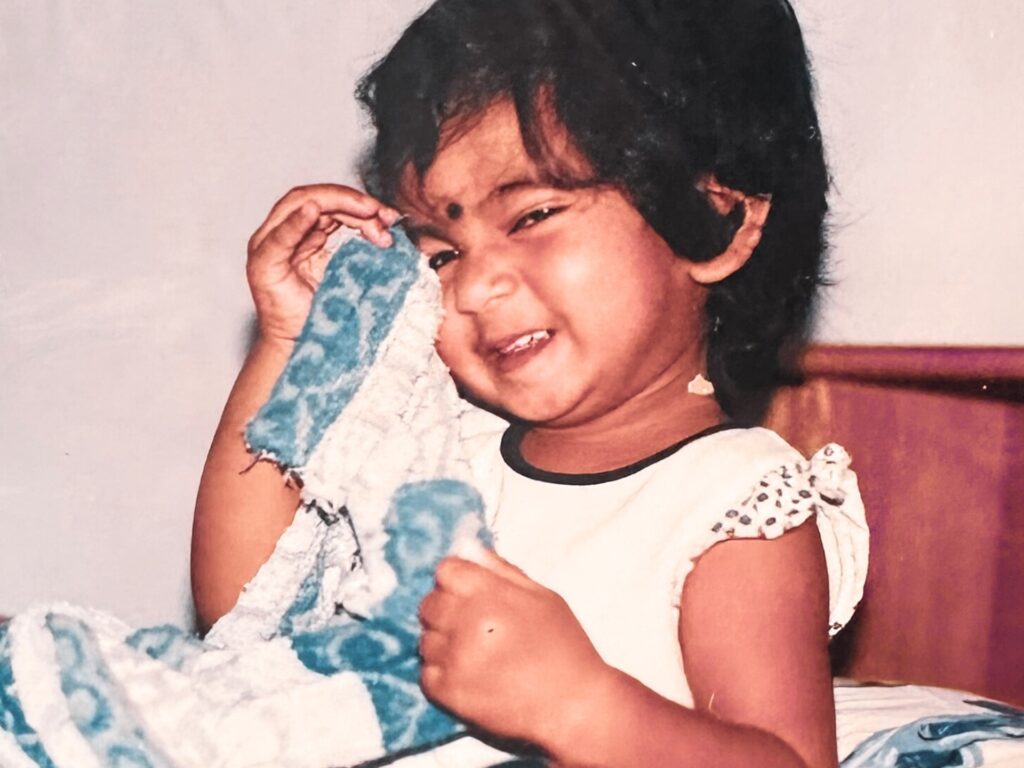
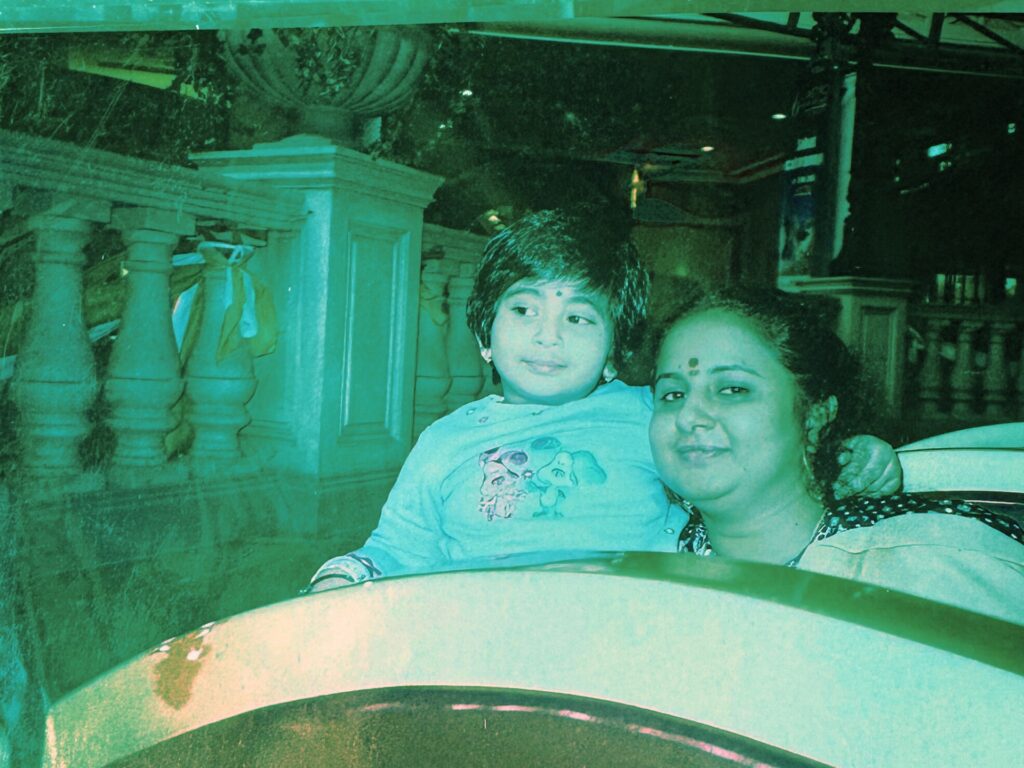
“Oh but Indians commit the most crime, they steal, drink, and peddle drugs. They’re very dangerous.”
Go ahead and tell me who are some of the most economically disadvantaged people in Malaysia. Tell me which ethnic group faces discrimination in both public and private sectors and not just in education or job / house hunting but in governance too.
The result? Entire generations are locked out of social mobility, stuck in cycles of poverty that only reinforce harmful stereotypes.
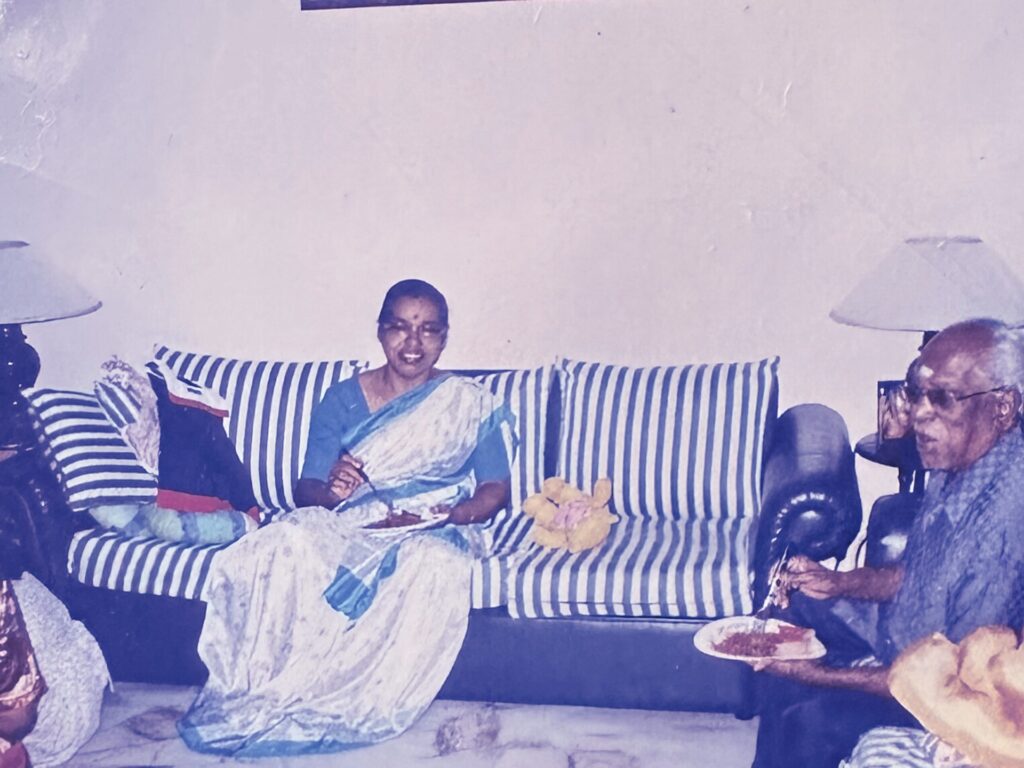
It’s almost as if there is a direct correlation between poverty and crime rates (there is).
If that wasn’t enough, there’s the disturbing habit of appropriating and misrepresenting Indian culture. We see “Bollywood Nights,” lazy attempts at “fusion” ethnic wear at exorbitant prices, and banana leaf restaurant chains with no Indian people significantly involved in its conception (that is hospital food levels of bland). It’s the fact that even food, something very integral to a culture, isn’t spared. A Traditional Tamil snack “adhirasam” is rebranded offensively into “kuih telinga kel*ng”, and this isn’t seen as derogatory.
Instead, the slur is defended with some roundabout historical justification – that “kel*ng” was once a term for people from Kalinga. Apparently, the existence of a mosque in Penang with that name is all the evidence they need to keep using it as if it hasn’t morphed into solely a racial slur. And I’m supposed to be okay with that! I must swallow and accept this frail attempt of an outdated reference and deny the harm done, otherwise, my objection would be a little too inconvenient for this “harmony” we supposedly have.
What happens each Deepavali is more than just cultural appropriation; it’s a forced exercise in labour. We find ourselves explaining why we celebrate, why our traditions matter, and why our heritage should be respected rather than stolen or mocked. It’s exhausting, endless labour, with no end in sight. I am Sisyphus and the boulder is the struggle to reclaim and protect what is mine, even though it should have never needed defending in the first place.
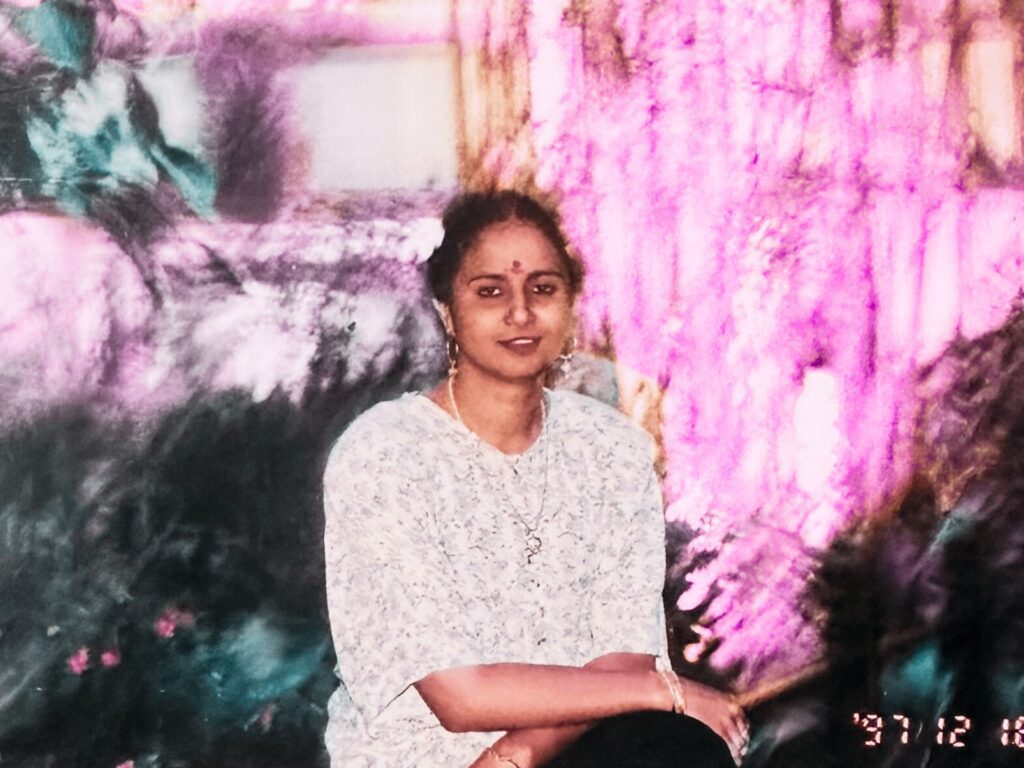
And it doesn’t end there. Even when it’s supposedly “our” season, we’re often excluded from it. While Indian businesses, artists, and talents are rarely engaged on a normal day, you’d think they’d be prioritised for Deepavali promos (wrong). On the rare occasions we are called on, there’s often a subtle (sometimes not so subtle) question of competence hanging over us. It’s as if we need to prove, over and over, that we’re good enough. Oftentimes to even be considered, an Indian person is expected to be brilliant – Ivy League degrees, Olympic medals, extraordinary talent – all just to be sidelined for the sake of “optics.” Yet mediocrity in others passes easily; we, however, must be exceptional to be deemed palatable. We must surpass the average at every turn to be more than an afterthought. If you do get the job, you’re expected to smile and nod when they “praise” how you’re not like other Indians.
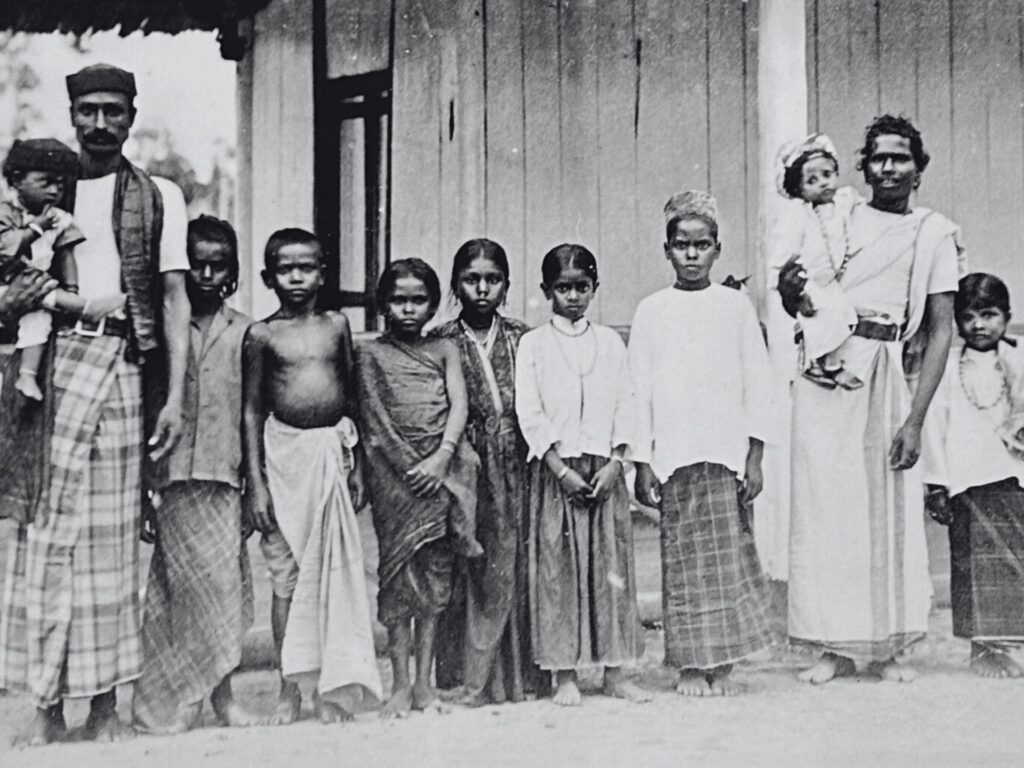
In Malaysia, our bodies, our celebrations, and our traditions are constantly hypercurated to serve a nationalist agenda. This isn’t harmony; it’s exploitation. Until other Malaysians confront these injustices sincerely, we’ll remain a community forced to labour just for the right to exist.
And to those who call themselves allies, it’s not enough to be passively “supportive.” Real allyship means actively opposing racism, avoiding tired assumptions, and learning about Indian culture – because there’s only so much more “awak boleh cakap India ke?” I can take. Consult us on matters pertaining to us. Don’t speak over us; instead, hire us, platform us, collaborate with us, include us in your circles. Seek out Indian artists, academics, musicians, writers, designers, chefs, and other professionals. Let us be more than just an afterthought, more than a passing glance when you see Shah Rukh Khan on screen.
Your apathy and ignorance is damning to generations of us who will be confined to cycles of hardship. This is about more than representation – it’s about respect, agency, and the chance to shape our own narratives. This is about having the chance to exist as I am.
